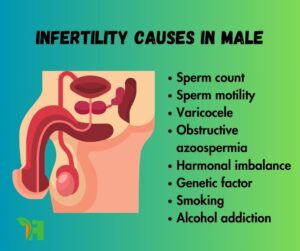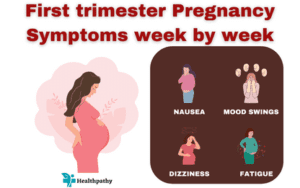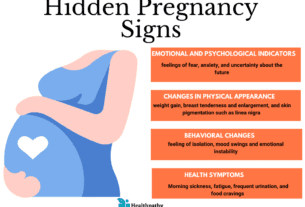Infertility causes in Male
Infertility is a complex and deeply personal issue affecting millions of couples worldwide. While much attention is often focused on female infertility, male infertility is an equally significant concern, accounting for nearly half of all infertility cases. In this article, we will delve into the multifaceted Infertility causes in Male, shedding light on the various factors that can impact a man’s ability to father a child.

Sperm Quality and Quantity:
Sperm Count:
The cornerstone of male fertility is sperm count. A low sperm count, known as oligospermia, can significantly reduce a man’s chances of fertilizing an egg. Several factors can contribute to a diminished sperm count, including hormonal imbalances, genetic factors, and lifestyle choices such as smoking and excessive alcohol consumption.
Sperm Motility:
Sperm motility refers to the ability of sperm to move effectively through the female reproductive tract. Poor sperm motility, or asthenospermia, can hinder the journey towards the egg, even if sperm count is normal. Causes of reduced sperm motility may include infections, varicoceles, and certain medications.
Structural and Genetic Factors
Varicoceles:
Varicoceles are dilated veins in the scrotum that can increase testicular temperature, harming sperm production. Surgical intervention to repair varicoceles can often improve fertility.
Obstructive Azoospermia:
Obstructive azoospermia occurs when there is a physical blockage that prevents sperm from reaching the ejaculate. Common causes include congenital abnormalities, infections, and prior surgeries.
Genetic Aberrations:
Genetic factors play a significant role in male infertility. Conditions such as Klinefelter syndrome, Y-chromosome deletions, and chromosomal abnormalities can lead to impaired sperm production and function.
Hormonal Imbalances
Hypogonadism:
Hypogonadism, characterized by low testosterone levels, can negatively impact sperm production and overall fertility. It can result from various causes, including obesity, certain medications, and underlying medical conditions.
Hyperprolactinemia:
Elevated levels of the hormone prolactin can disrupt the delicate balance of reproductive hormones, leading to decreased sperm production. Tumors on the pituitary gland are a common cause of hyperprolactinemia.
Lifestyle and Environmental Factors
Smoking:
Smoking tobacco has been linked to decreased sperm count and motility. It can also damage sperm DNA, potentially increasing the risk of infertility and birth defects.
Alcohol and Drug Use:
Excessive alcohol consumption and recreational drug use can disrupt hormone levels, reduce sperm quality, and impair sexual function.
Environmental Toxins:
Exposure to environmental toxins such as pesticides, heavy metals, and industrial chemicals can harm sperm production and function. Reducing exposure to these substances is essential for safeguarding male fertility.
Psychological and Emotional Factors
Stress and Mental Health:
Chronic stress, anxiety, and depression can have a detrimental impact on male fertility. These conditions can disrupt hormonal balance and reduce sexual function.
Summary: Infertility causes in Male
Male infertility is a complex issue with a multitude of potential causes, ranging from structural and genetic factors to lifestyle and environmental influences. Understanding these causes is crucial for couples seeking to overcome infertility challenges. It is important to note that, in many cases, male infertility is treatable, and advancements in medical science offer a range of options to improve fertility and increase the chances of conception. Seeking guidance from a healthcare professional is the first step towards addressing male infertility and fulfilling the dream of parenthood.
Related Articles:




Follow us: Infertility causes in Male





